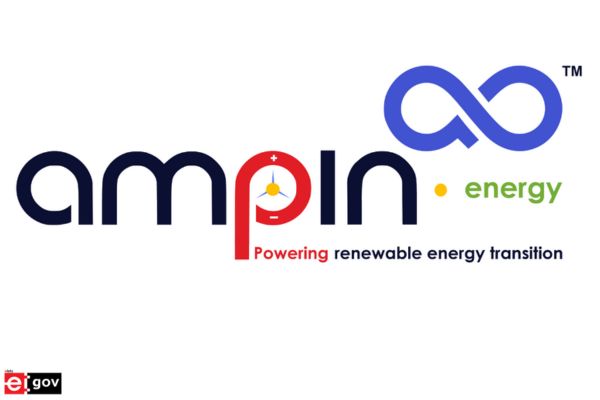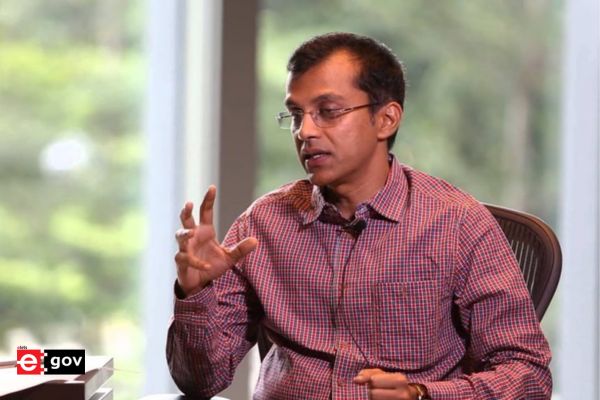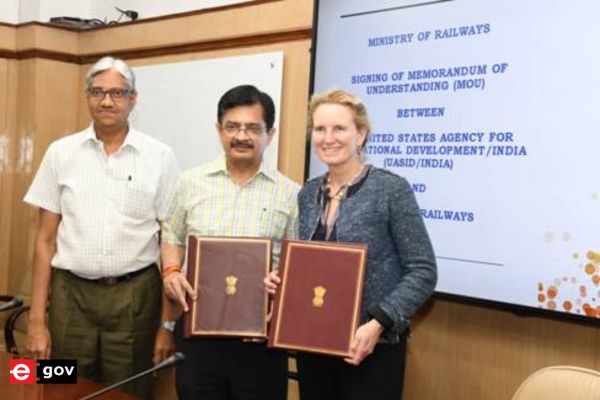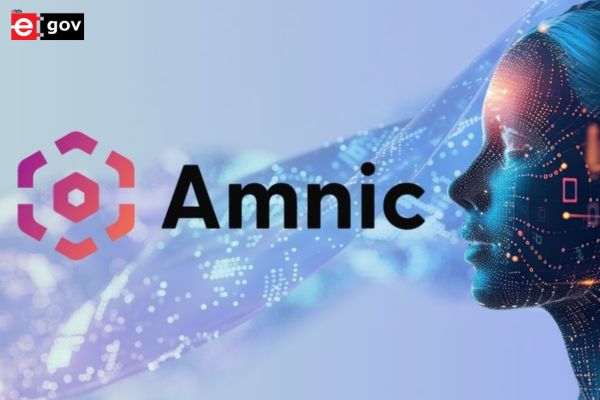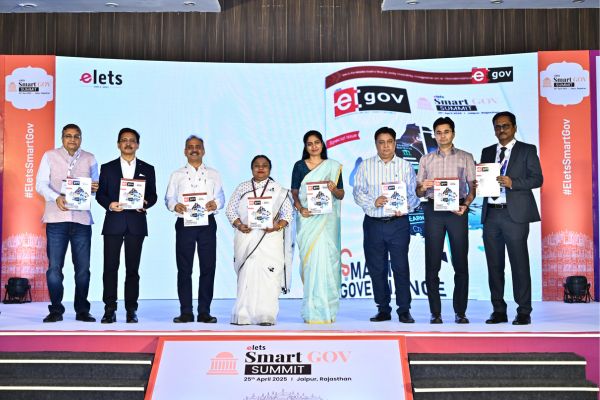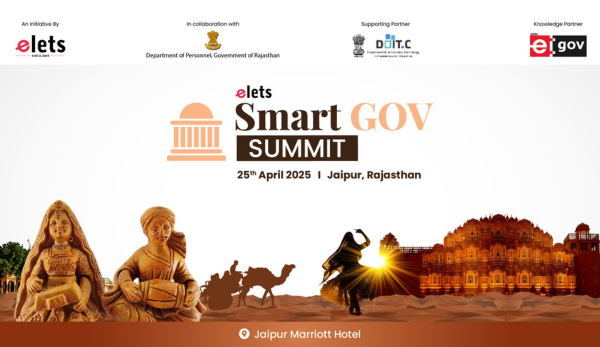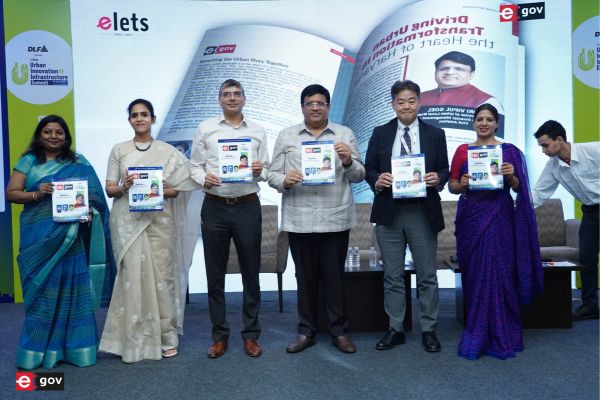In Fact
[This article was published in the April 2008 issue of the eGov Magazine (http://www.egovonline.net) ]
The use of ICT is inevitable to improve the usage of existing branch infrastructure to expand its the outreach of the formal financial system to the rural poor. The following are some initiatives towards achieving financial inclusion:


